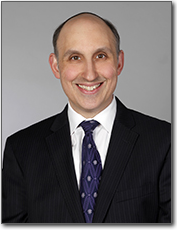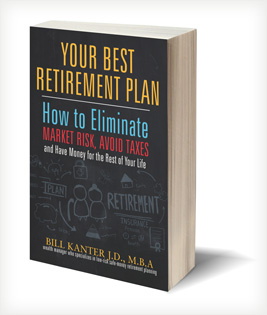Who should have a estate plan?
Who should have a estate plan?
Everyone should have a estate plan, whether their estate is small or large. Either way, they should indicate who they want to manage their assets and make personal and heath care choices for you if you become unable to make decisions.
If you have a small estate, you can focus on the people you want to receive your estate, manage it, handle the distribution of your belongings, and pay your leftover debts. If you have a large estate your estate planning attorney and yourself may discuss the ways you can preserve your assets to your heirs or limiting or postponing the amount of your estate taxes, which is payable after your death.
If you do not have a estate plan, a judge will appoint a person the handle your personal care and assets. Your estate and assets will be distributed to your loved ones according to set laws called intestate succession. Contrary to belief, all your assets will not automatically go to your state if you die without a living will. Your loved ones, no matter how remote, and in some cases, the family of your spouse will have priority in your assets ahead of your state. However, they may not be your choice of heir; estate plans will give you more control over who will receive your assets after you die.
What will be include in your estate plan?
Each of a person’s assets will be include. These assets may include the assets only in your name or jointly with others. The assets can also include retirement accounts, payments, which are due to you, such as inheritance, tax refunds, or outstanding loans. Bank accounts will also be considered assets.
Value of your estate will be equal to what is called the fair market value and each of your type of property after deducting debts such as the mortgage on a house.
Value of someone’s estate is vital when determining if your estate is the subject of estate taxes after you die. Ensuring that there are no sufficient resources to pay in taxes is another vital part of planning your estate.
You may have an alternative beneficiaries.
When you plan your estate, you should decide on an alternative beneficiary or beneficiaries in case the primary beneficiary dies before you.
If your beneficiary is too disabled or too young to handle their inheritance, you may consider creating a trust fund for their benefit under your willing trust or will.
When you have selected you will inherit your estate and assets, it is vital that you properly identify the persons and/or charitable organization in your will or trust. Several organization have similar names and some families, people have similar names and in some cases identical names. Your estate planning attorney will help you with clarifying and correctly identifying your chosen heirs and beneficiaries. If you have minor children, you should select an guardian to supervise and care for the children until they reach the age of 18.


